Banking Panics of the Gilded Age
This was the first major study of post-Civil War banking panics in almost a century. The author has constructed estimates of bank closures and their incidence in each of the five separate banking disturbances. The book takes a novel approach by reconstructing the course of banking panics in the interior, where suspension of cash payment, not bank closures, was the primary effect of banking panics on the average person. The author also re-evaluates the role of the New York Clearing House in forestalling several panics and explains why it failed to do so in 1893 and 1907, concluding that structural defects of the National Banking Act were not the primary cause of the panics.
{{comment.content}}
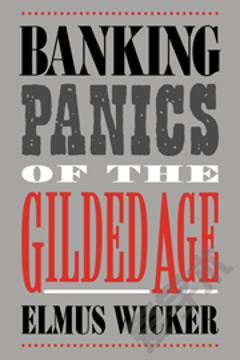
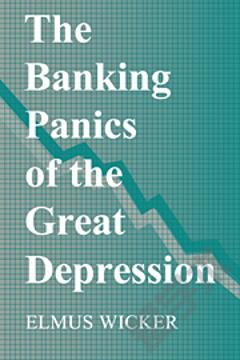
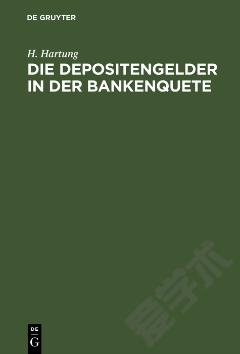
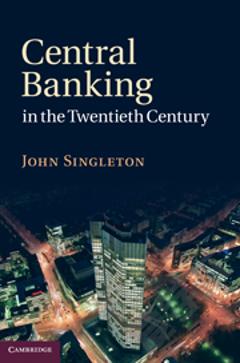
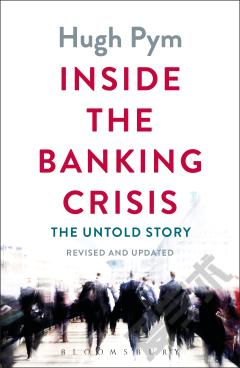
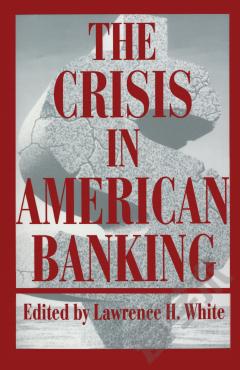


 京公网安备 11010802027623号
京公网安备 11010802027623号